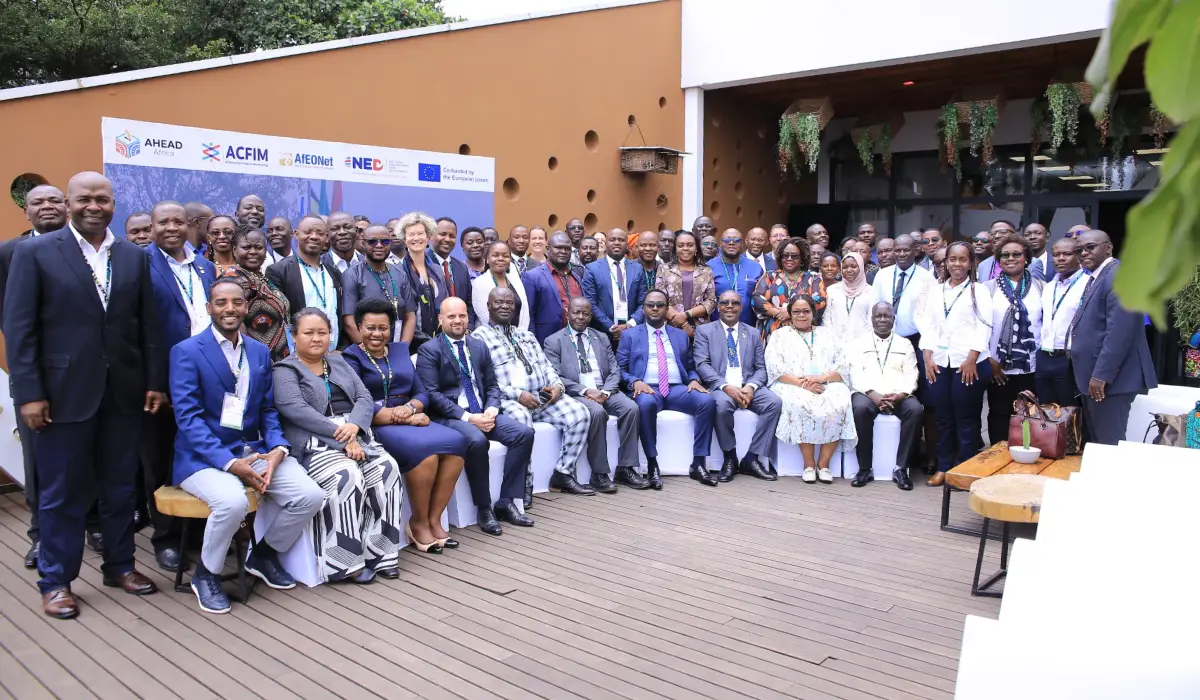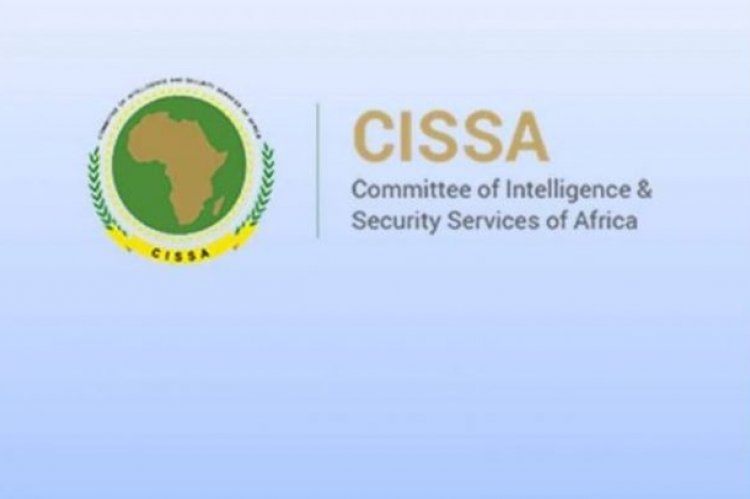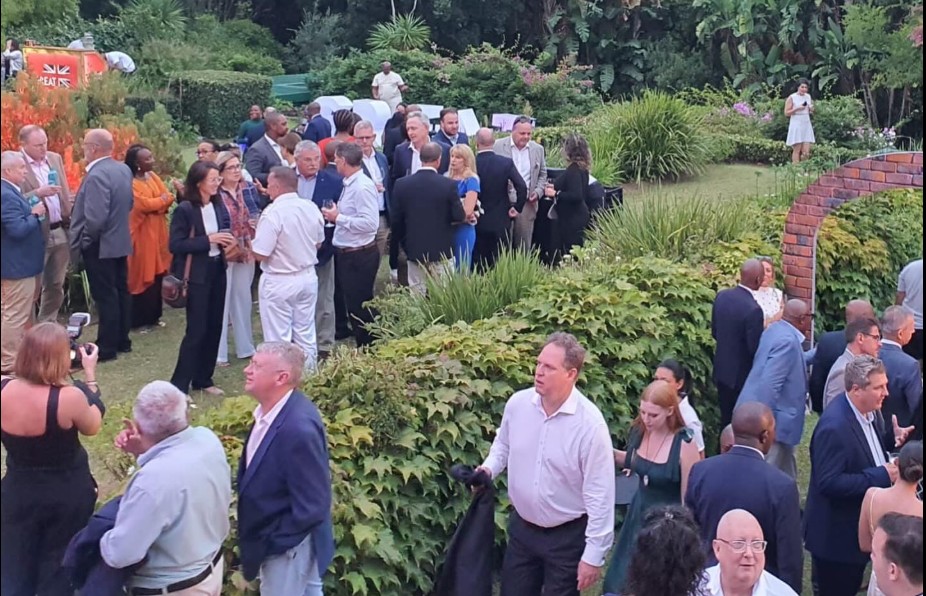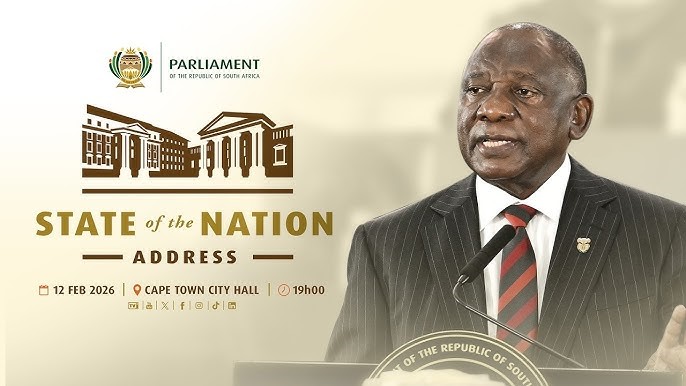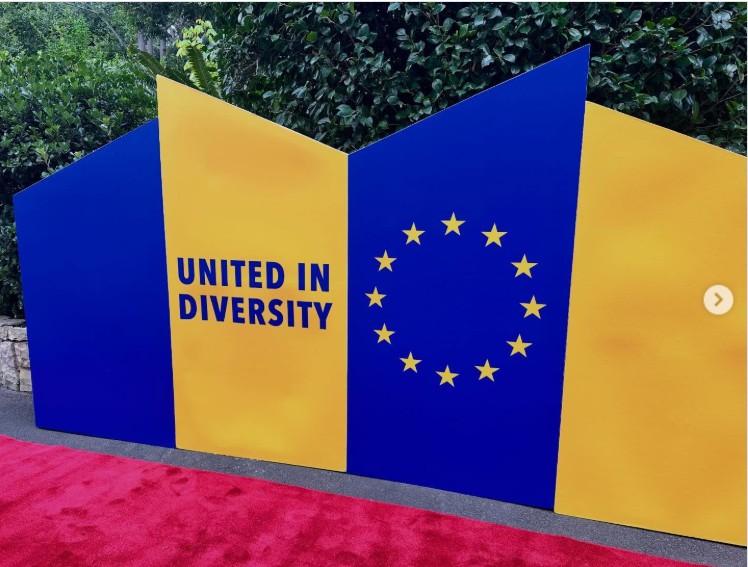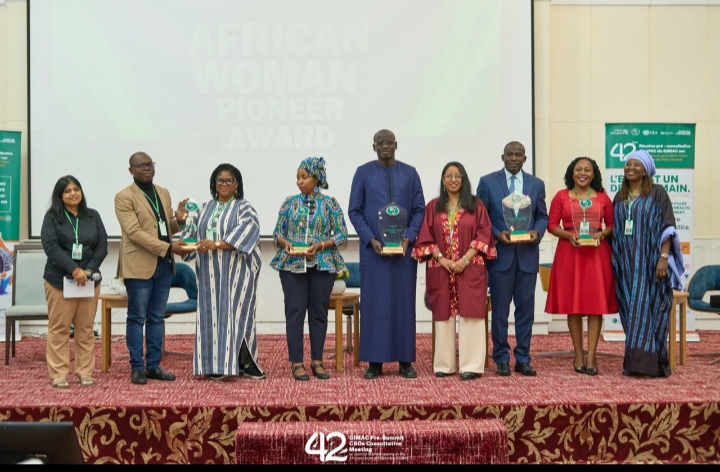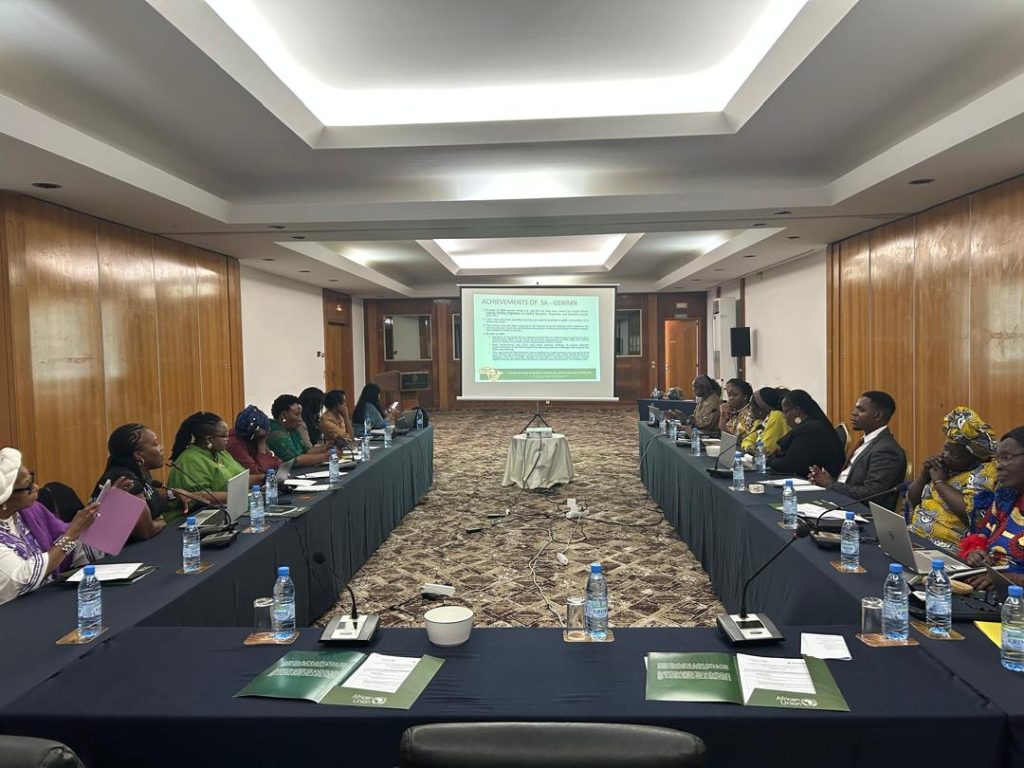International Democracy Day was commemorated on 15 September 2024, in a time where the African continent, and the world at large, is experiencing democratic decline and key deficits in the quality of electoral integrity. This context presents challenges and opportunities for the crucial role of citizen election observers in safeguarding democracy against the rise of authoritarianism in Africa. It is for this purpose that the African Election Observers Network (AfEONet) Electoral Integrity Africa Summit took place from 10-12 September 2024, in Kampala, Uganda, under the theme “Strengthening Electoral Transparency, Public Oversight and Collaborative Reforms”. The Summit provided a platform for expert participants to share insights regarding the contributions of citizen election observers and civil society organisations in rebuilding electoral integrity on the continent.
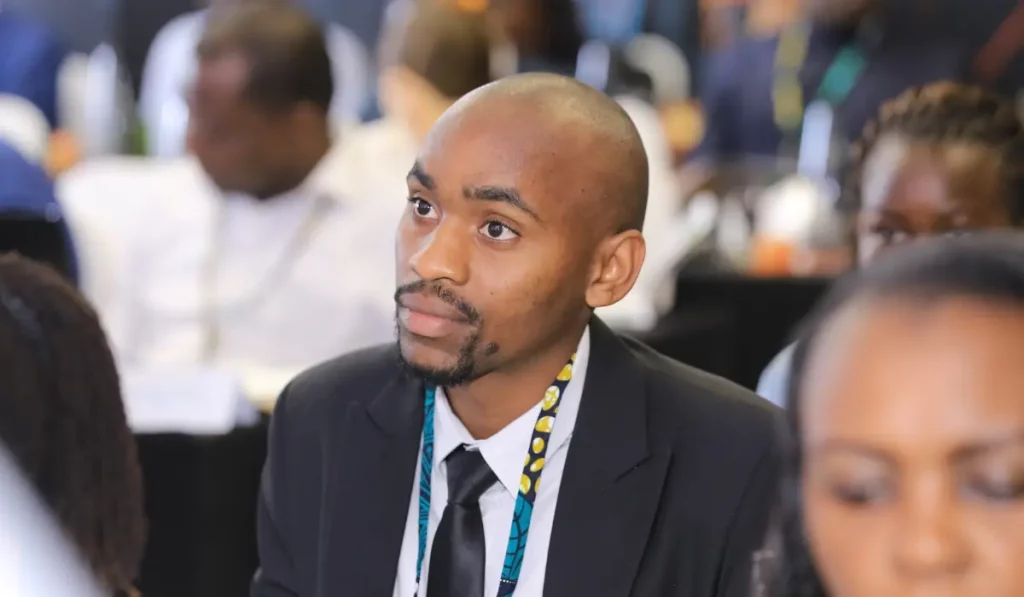
Day one of the Summit presented an overview of the state of electoral integrity in Africa as per its regions. Part of the recommendations to combating challenges of electoral integrity centred on the crucial role of Civil Society Organisations (CSOs) in monitoring the implementation of election observer recommendations and ensuring necessary electoral reforms; increased civic and voter education; and monitoring and enhancing intra-party democracy. Delegates also discussed the need for transparency in electoral campaign financing and highlighted the need to regulate political finance donations. The increased role of money in elections and politics requires detailed legal regulatory frameworks, strong structures, and robust law enforcement agencies for greater transparency in order to safeguard electoral integrity on the continent.
The second day of the Summit highlighted the opportunities for regional collaboration between election observation networks and election management bodies towards more coordinated and effective responses. It was expressed that more attention is needed on pre-election and post-election observation, while electoral observation may need to be upgraded to election monitoring that bestows some agency on observers when they encounter irregularities during the election processes. One of the sessions focussed on how the implementation of election observer recommendations can be monitored. Recommendations included, professionalising recommendation reports into knowledge production; making recommendations more practical and solution-oriented rather than simply identifying problems in order to influence policy; digitising recommendations by creating a technological tool to store and monitor their implementation; and building relations with opposition parties and governments.
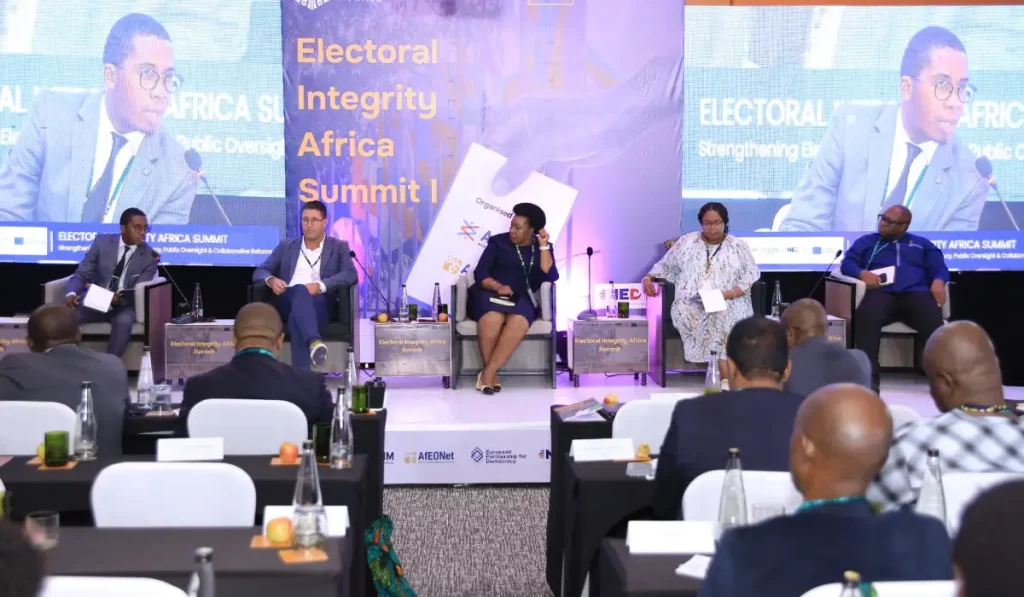
The final day of the Summit explored the role of artificial intelligence (AI) in enhancing electoral integrity. Delegates recognised the various opportunities for AI to enhance electoral processes such as voter verification; campaign monitoring; and detecting electoral fraud, among other things. However, some delegates raised concerns about digital safety; mistrust by African citizens about AI tools; a lack of civic education on how AI operates; and the monopolisation of AI and technological inventions by Western corporations who may have ulterior motives and interests in Africa’s electoral outcomes.
The Summit concluded with a discussion on the Draft Summit Outcome document, wherein delegates made contributions and agreed on the way forward after the Summit.
Attending the Summit was valuable to ACCORD’s continued research work on governance, democracy and elections, and in relation to peace and security in Africa. Thus, the Summit aligned with ACCORD’s strategic objective, contributing to evidence-based analysis, policy support and knowledge to respond to complex conflicts.

